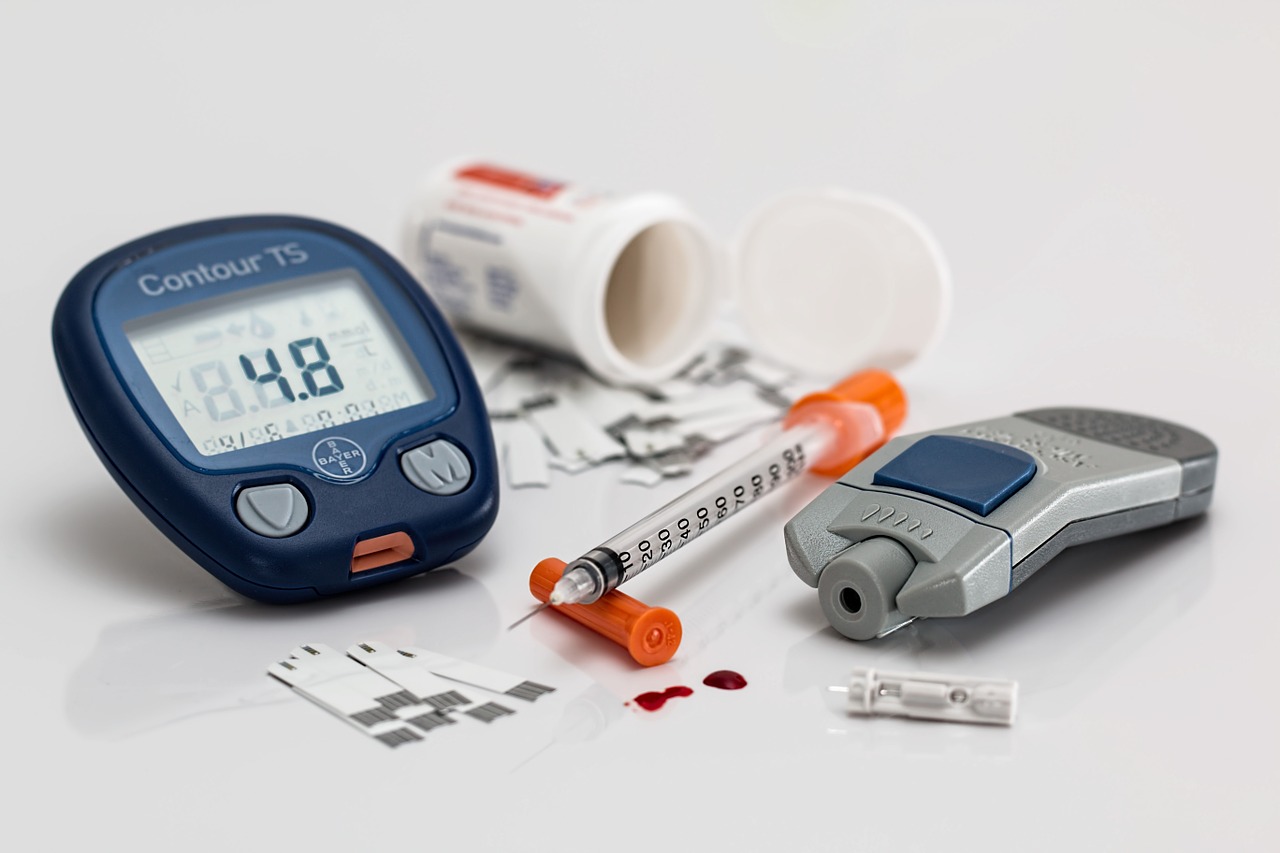
A study published on Monday in JAMA Pediatrics has revealed that almost a quarter of young adults and a fifth of adolescents in the US have prediabetes.
The study showed that approximately 24% of young adults ages 19 to 34 and 18% of adolescents ages 12 to 18 have prediabetes. Prediabetes is a conditions wherein a person's blood sugars are elevated but not high enough to be diagnosed as Type 2 diabetes.
According to health experts, these numbers have increased over the past decade, placing young people at risk of developing Type 2 diabetes, heart disease and other conditions later on.
The US Centers for Disease Control and Prevention (CDC) said: "Until recently, young children and teens almost never got type 2 diabetes, which is why it used to be called adult-onset diabetes. Now, about one-third of American youth are overweight, a problem closely related to the increase in kids with type 2 diabetes, some as young as 10 years old."
Type 1 diabetes is more commonly associated with children as it is an autoimmune condition in which the pancreas doesn't produce much insulin while with Type 2 diabetes, which has been linked to obesity, the body becomes less responsive to insulin, which the body needs to balance glucose in the bloodstream.
The researchers, who analyzed almost 5,800 individuals included in a national health survey from 2005 to 2016, found that "the prevalence of prediabetes in male individuals was almost twice that in female individuals" with 22.5% versus 13.4% in adolescents and 29.1% versus 18.8% in young adults, respectively.
The CDC also stated that almost a third of adults or 84 million Americans have prediabetes and nine in 10 are unaware they have it.
They said the study results "highlight the need for primary and secondary prevention efforts tailored to the young segment of the US population." The CDC points out that lifestyle changes, such as diet and exercise, can "prevent or delay type 2 diabetes and other serious health problems."






